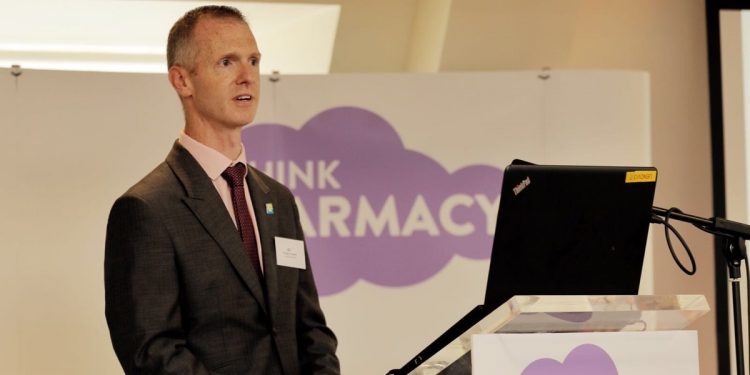Darragh O’Loughlin, secretary general of the Irish Pharmacy Union, confirmed he has written to Health Minister Simon Harris to extend the right of conscientious objection to pharmacists who may not want to dispense abortion pills.
“It is essential that such provisions be extended to all healthcare professionals, including pharmacists, and not only to medical practitioners in order to ensure that individual practitioners would not be compelled to participate in a procedure to which they have fundamental religious or ethical objections.”
A code of conduct states that a “pharmacist who, for religious or ethical reasons, cannot provide a specific service to a patient must direct that patient to someone who will.”
This can involve delegating dispensing to another colleague in the pharmacy or referring the woman to another premises.
“We are talking about conscientious objection, not conscientious obstruction,”
he added.
The likelihood is that women who have a medical abortion will be able to avail of the two medicines at the GP surgery and will not need to get a prescription filled by a pharmacist.
“We are still waiting for detailed proposals.
“We contacted our colleagues in Germany, Spain and Portugal for insight because those three countries were referenced by the minister recently.
“Broadly speaking, each of the three responses has indicated that the pills and the service are provided in hospitals or specialist clinics, rather than in a community setting.”
Mr O’Loughlin said
The step taken by the IPU was revealed after it emerged that a public list of GPs who are registered to provide medical abortions may be necessary to ensure women looking for a termination are not left confused about where to get the service.
Taoiseach Leo Varadkar reiterated that while GPs can have a conscientious objection to providing medical abortions, they will be ethically obliged to refer a woman to a doctor who is participating in the scheme.
The referendum, which paved the way for liberalising the State’s strict abortion laws, was passed by a near two-to-one majority last month, but there have been a number of court challenges to the result.
Three separate applications were launched in the High Court in June.
The government is planning to bring legislation before the Dáil, providing for abortion on request up to the 12th week of pregnancy, with a three-day “cooling off” period before abortion medication is administered.
Health minister, Simon Harris, said he would ask for cabinet approval to turn the draft law into a formal legislative text and Leo Varadkar said he planned to have the new law enacted by the end of the year.
Between 12 and 24 weeks, abortion will be available only in cases of fatal foetal abnormality, a risk to a woman’s life or a risk of serious harm to the health of the mother. After 24 weeks, termination will be possible in cases of fatal foetal abnormality.
There will be provision for conscientious objection among medical practitioners, although doctors will be obliged to transfer care of the pregnant woman to another doctor.











